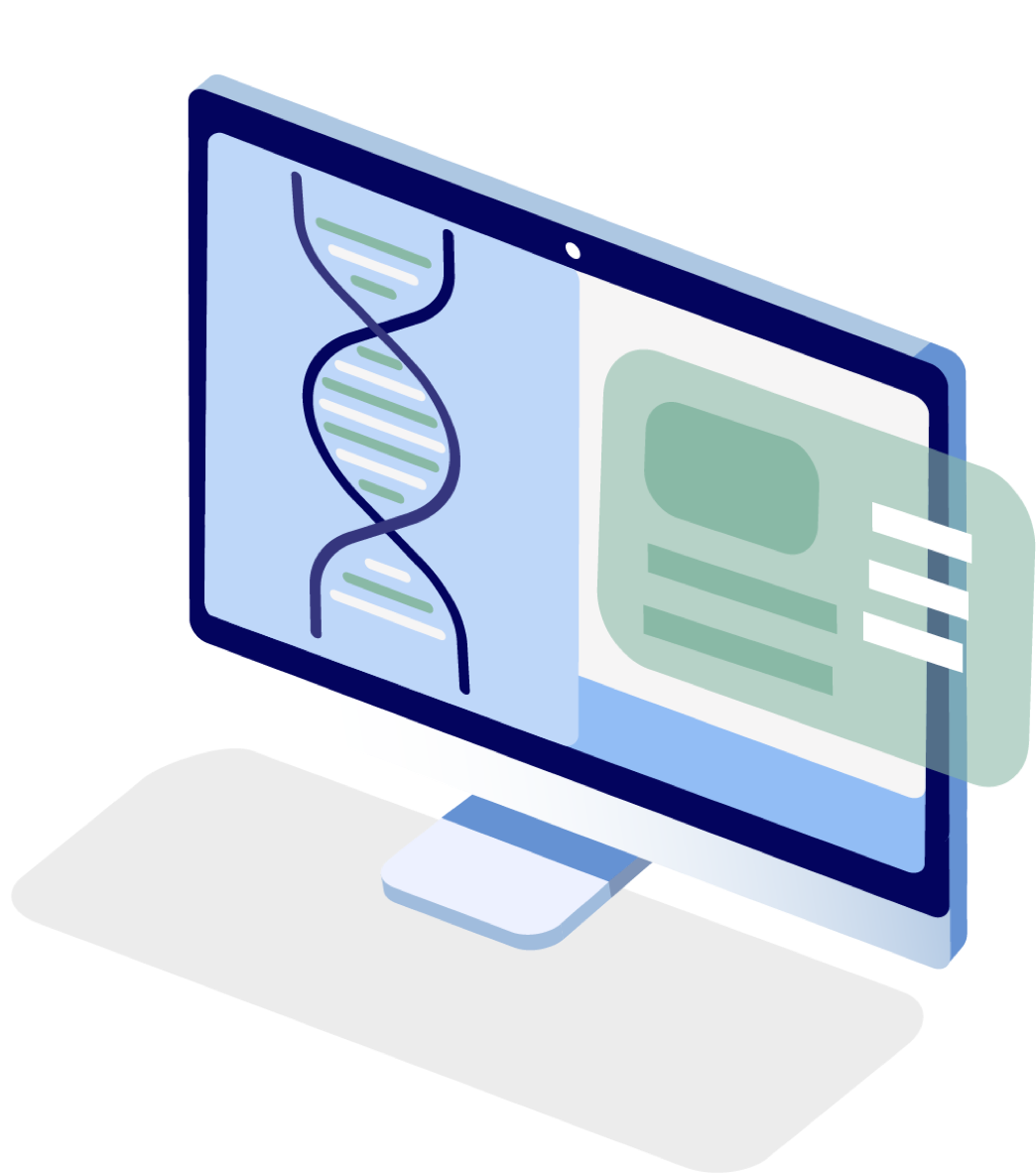03 Understanding Gene Therapy
Section 3
What Are the Potential Risks of Gene Therapy?

Learning Goal
To be aware that there are risks, some serious, associated with gene therapy.
Gene therapy is a relatively new technology, and as the technology continues to evolve, researchers are learning more about the potential benefits and risks. The full risk profile of gene therapy is not completely known, as potential side effects are still coming to light. The risks may vary, for example, by the type of gene therapy, how it is given, the type of vector it employs, the medical condition it is intended to treat, and the genetic makeup of the individual receiving the treatment (genetic predisposition).1
If you are interested in gene therapy and are concerned about its potential risks, you should discuss the risks with your doctor. Your doctor will be able to explain the potential risks and how they may affect you, based on your individual case and characteristics. If you are interested in taking part in a gene therapy clinical trial, it is especially important to talk with your doctor to help you decide if you are an appropriate candidate for that trial, as well as to understand the possible risks and benefits.
Additional Interesting Fact
The U.S. Food and Drug Administration (FDA) oversees all gene therapy clinical trials in the U.S. to ensure compliance with federal laws and GCP regulations, including those related to patient safety.2,3 Additionally, the FDA recommends that trial sponsors observe participants for as long as 5 years for non-integrating vectors such as AAV and 15 years for integrating vectors such as lentiviral vectors.4
Key Learnings
The risk profile of gene therapy is still incomplete, as researchers continue to learn about the potential benefits and risks as the technology continues to evolve.
The potential risks of gene therapy may vary, for example, by the type of gene therapy, how it is given, the type of vector used, the medical condition it is intended to treat, and the individual’s genetic predisposition.
Anyone interested in gene therapy, or considering participating in a gene therapy clinical trial, should discuss the potential risks and benefits with their doctor.
Continue learning about HSC gene therapy in the next section
Topic 4: Section 1
The HSC Approach to Gene Therapy
To understand what HSC gene therapy is designed to do.
References
- Gene and cell therapy FAQ’s. American Society of Gene & Cell Therapy; 2020. https://www.asgct.org/education/more-resources/gene-and-cell-therapy-faqs. Accessed December 22, 2021.
- Gene therapy. Mayo Clinic; 2017. https://www.mayoclinic.org/tests-procedures/gene-therapy/about/pac-20384619. Accessed December 22, 2021.
- Is gene therapy safe? Help Me Understand Genetics: Gene Therapy and Other Medical Advances. MedlinePlus Genetics. U.S. National Library of Medicine, National Institutes of Health, U.S. Department of Health and Human Services; 2021. https://medlineplus.gov/genetics/understanding/therapy/safety/. Accessed December 22, 2021.
- Long-term follow-up after administration of human gene therapy products: guidance for industry. U.S. Food and Drug Administration; 2020. https://www.fda.gov/media/113768/download. Accessed December 22, 2021.